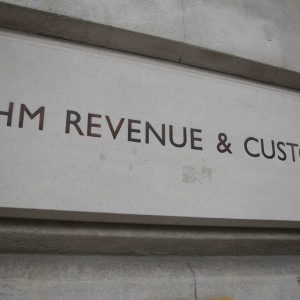Influencer Advertising Rules & Tax Obligations
The rise of social media influencers has led to strict advertising guidelines being enforced by the ASA. With many brands and products seeing influencers as a desirable form of marketing, the CAP Code sets out clear rules for those acting as an influencer. In this guide we outline influencer advertising rules which all influencers should consider.
Whether it’s a hobby or not, if your social media presence is earning you money (from the likes of advertising or appearance fees) or you’re receiving free gifts (such as hotel stays or free products), there are certain guidelines that you’ll need to follow.
From Instagram and Facebook to YouTube and TikTok, we take a look at your responsibilities as an influencer – from the way you advertise products to your tax obligations.
ASA Influencer Advertising Rules
Ads and paid partnerships
If you are approached by a brand to collaborate on an ‘ad’ (also known as a paid partnership or endorsement), there are clear rules that you must follow to comply with Committees of Advertising Practice (CAP) guidelines, which are enforced by the Advertising Standards Authority (ASA).
These guidelines explain that the first rule of advertising as an influencer is that you must make it clear that your post is an advert.
Influencer #ad rule
Their recommendations suggest the simplest way to do this is by including #ad at the start of your post or utilising Instagram’s ‘in paid partnership with’ feature. There are other #ad labels you could use instead, including:
- Advert
- Advertising
- Advertisement
- Advertisement Feature
Influencer advertising rules – Free gifts, products and experiences
Payment isn’t necessarily always in monetary form. From free snacks and events tickets to nights in a hotel, any freebies you receive are considered a form of payment. Therefore they are considered an advertisement. The guidelines recommend you stay away from the use of #gifted or #freebie and use an #ad variant instead.
What happens if you don’t declare an advert as an influencer?
The ASA and the CMA state they will investigate any influencers who don’t take these guidelines seriously. The ASA may ask that the post is removed in its current form. At the same time, the CMA can take legal action against anything they deem harmful to consumers.
Influencer advertising rules – Understanding your tax obligations as an influencer
Once you’ve got to grips with declaring your social media advertisements, it’s important to understand the tax obligations that come with such adverts.
The complicated world of social media endorsements, paid partnerships and gifts can become even more complex when paying taxes. Even if you’re only receiving free gifts, you may be liable for tax and need to submit a tax return.
This is where our accountants for influencers can help. Based in Manchester, our team has a wealth of experience in helping UK-based influencers correct their tax obligations. For more information, take a look at our tax guide for influencers, bloggers and vloggers.
To get started, you can call us on 0161 832 4841 or fill out the form below and one of our accounting experts will be in touch shortly.





